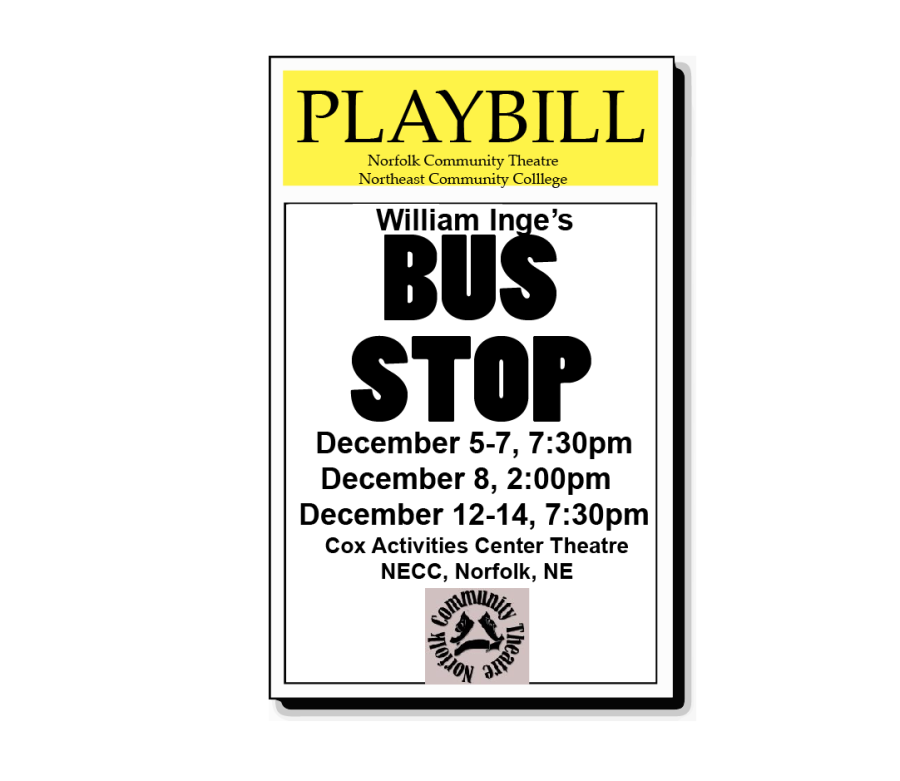

With Donnie's unexpected return to her Chicago apartment, conflicts escalate, and Donnie finds himself on an emotional precipice. While troubled teen Donnie (Gregory Rozakis), Sue's illegitimate son, has been away at reform school, she has entered into a relationship with Cadillac salesman Bernie Slovenk ( Harry Guardino). The play centers on a single mother, Chicago department store buyer Sue Barker ( Kim Stanley). As with Truman Capote's In Cold Blood, the inspiration for Natural Affection came from a newspaper account of a seemingly meaningless and unmotivated murder. What theatergoers missed was a drama exploring themes of fragmented families and random violence. It lasted only 36 performances, from January 31, 1963, to March 2, 1963. Thus, few were aware of the play, and fewer bought tickets. Natural Affection had the misfortune to open on Broadway during the 1962 New York City newspaper strike, which lasted from December 8, 1962, until April 1, 1963. His 1959 play A Loss of Roses, with Carol Haney, Warren Beatty, and Betty Field, was filmed as The Stripper (1963), with Joanne Woodward, Richard Beymer, and Claire Trevor, and a popular Jerry Goldsmith score.

The play was nominated for five Tony Awards, including Best Play, and was adapted as a film in 1960. In 1957 he wrote The Dark at the Top of the Stairs, an expansion of his earlier Farther Off from Heaven. Nominated for four Tony Awards including Best Play, it was made into a 1956 film starring Marilyn Monroe. Inge's inspiration of boy-pursuing-girl came from a similar situation he'd seen on a bus trip to Kansas City. In 1953, Inge's short play Glory in the Flower was telecast on Omnibus with a cast of Hume Cronyn, Jessica Tandy, and James Dean. A film adaptation made in 1955 was directed by Joshua Logan and won two Academy Awards. Picnic had a successful Broadway run from February 19, 1953, to April 10, 1954. I began to sense the sorrow and the emptiness in their lives, and it touched me. I saw their attempts, and, even as a child, I sensed every woman’s failure. I was four years old, and they were nice to me. There were three women school teachers living in the house. When I was a boy in Kansas, my mother had a boarding house. In 1953, Inge received a Pulitzer Prize for Picnic, a play based on women he had known as a small child: Portrait of William Inge by Carl Van Vechten If it does make it to Broadway, I don't know when I'll be back." Inge never had to return to St. Louis. He expressed in a letter to his sponsor in Alcoholics Anonymous, "If Sheba makes it in Hartford I guess it will go on to Broadway and if it doesn't I suppose I'll be back in St. Louis. Even as Come Back, Little Sheba was in a pre-Broadway run in early 1950, Inge was filled with some doubt as to its success. It was through AA that Inge met the wife of a member of his AA group whose name was Lola and, who through name as well as personal characteristics, was the person upon whom one of the lead characters in Come Back, Little Sheba, "Lola", was based.
Bus stop william inge script pdf tv#
Willy van Hemert directed a 1955 adaptation for Dutch television, and NBC aired another TV production in 1977.) During his time teaching at Washington University, Inge's struggles with alcoholism became more acute in 1947, he joined Alcoholics Anonymous (AA). (The 1952 film adaptation won both an Oscar and a Golden Globe for Shirley Booth. It ran on Broadway for 190 performances in 1950, winning Tony Awards for Shirley Booth and Sidney Blackmer. As a teacher at Washington University in St. Louis between 19, he wrote Come Back, Little Sheba. With Tennessee Williams's encouragement, Inge wrote his first play, Farther Off from Heaven (1947), which was staged at Margo Jones' Theatre '47 in Dallas, Texas. After returning and completing his Master's at Peabody in 1938, he taught at Stephens College in Columbia, Missouri, from 1938 to 1943.

From 1937 to 1938 he taught English and drama at Cherokee County Community High School in Columbus, Kansas. Offered a scholarship to work on a Master of Arts degree, Inge moved to Nashville, Tennessee, to attend the George Peabody College for Teachers, but later dropped out.īack in Kansas, he worked as a laborer on state highways and as a Wichita news announcer. At the University of Kansas he was a member of the Nu chapter of Sigma Nu. William attended Independence Community College and graduated from the University of Kansas in 1935 with a Bachelor of Arts degree in Speech and Drama. Inge was born in Independence, Kansas, the fifth child of Maude Sarah Gibson-Inge and Luther Clay Inge.


 0 kommentar(er)
0 kommentar(er)
